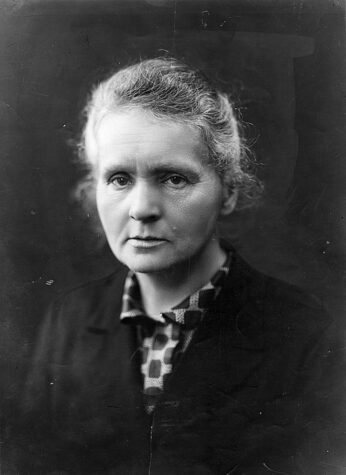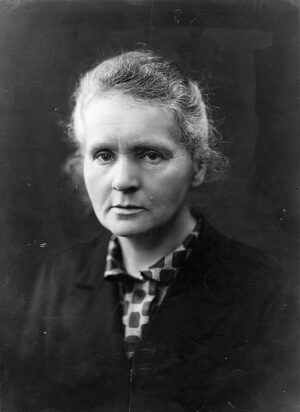 Photo by Henri Manuel, Public Domain
Photo by Henri Manuel, Public Domain
March is Women’s History Month here in the United States of America, a time when we can collectively celebrate women’s contributions to American history. It began in 1978 as a week-long celebration in Santa Rosa, California, and a consortium of women’s groups and historians successfully lobbied for national recognition the following year. It took until 1987, but now every March is designated Women’s History Month by presidential proclamation. Sadly, many of the women who changed the world remain obscure to most, a tremendous disservice to champions of science, literature, the humanities, the armed forces, politics, and business. Each day this month, I’ll be profiling one of the most extraordinary women the world has ever known. Not everyone will agree with my choices, but I can tell you this… they were all extraordinary.
Marie Curie
Life is not easy for any of us. But what of that? We must have perseverance and above all confidence in ourselves.We must believe that we are gifted for something and that this thing must be attained. ~ Marie Curie
Madame Curie is widely recognized as one of the most prodigious women the world has ever known. Her accomplishments are vast. The Nobel Committee awarded her the Nobel Prize for Physics in 1903 for her study of spontaneous radiation. In 1911, she received a second Nobel Prize, this time in chemistry, in recognition of her discovery of the elements radium and polonium. She was the first woman to win a Nobel Prize, the first person to win two Nobel Prizes, the only woman to win in two fields, and the only person to win in multiple sciences. In 1929, President Hoover presented her with a gift of $50,000, donated by American friends of science, to purchase radium for use in her Warsaw laboratory. Here are a few things dedicated to her:
- Her likeness has been on banknotes, stamps and coins around the world
- The Polish nuclear research reactor, Maria
- The 7000 Curie asteroid
- A bridge in her native Warsaw
- A metro station and boulevard
- A micro-satellite
Madame Curie died on July 4, 1934, from aplastic anemia caused by long-term exposure to radiation. She was interred in the Sceaux cemetery near Hauts-de-Seine, France, but sixty years later, her ashes were enshrined in a lead-lined tomb in the Panthéon in Paris; the first woman to receive this honor for her own achievements. Her body is supposedly still radioactive.
